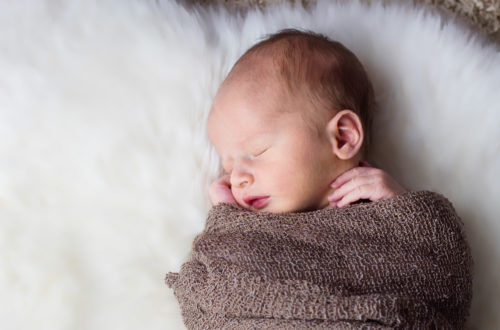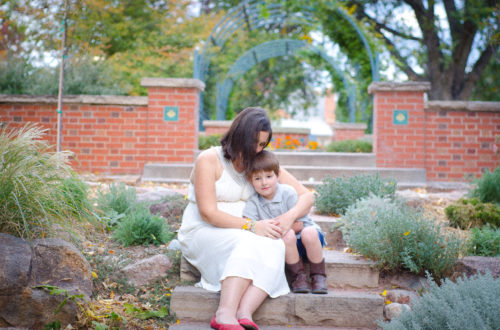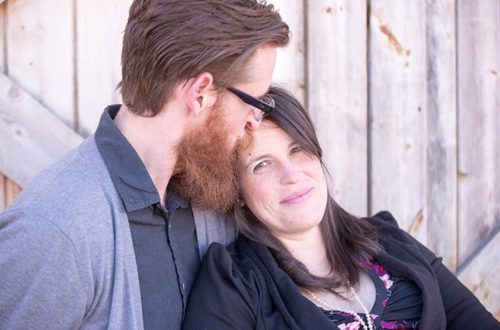
What’s Wrong With Comparing My Kids?
As a mom, it has been one of my greatest joys to watch my children grow. They each have such unique and distinct personalities, gifts, and talents, and it is truly amazing to watch these things blossom and grow. But one of the traps that we can easily fall into if we are not careful and mindful is the trap of comparison between our children. And while we may not think it’s a problem, it can easily become a source of pain for our children that over time can impact their self-esteem and how they view themselves as part of the family.
I’ve seen grown adults share stories from their childhood that are truly heartbreaking because of the levels of comparison, and often favoritism as a result.
Sadly, it often starts before they can even understand your words. You start comparing when your kids hit certain milestones like sitting up, getting teeth, or even when they learn to read. And you say these truly harmless things in ear shot of them. “Oh, my daughter was potty trained at 2, but my son is 4 and still in a diaper for overnights.” Or, “I wish my son would keep his room as tidy as my daughter does. I’m always getting on him about his messy room.”
When you, as the parent start to compare them and make judgement calls about the differences you observe, your children may start to see themselves in a negative light. “Why can’t you be more like your brother or sister?” easily translates in a child’s mind into “I’m not good enough.”
So, here’s a quick list of the issues with comparing your children to each other:
- They mature at different ages.
- It can create an atmosphere with unhealthy competition between siblings.
- Increases sibling rivalry.
- It can increase stress and anxiety in your children.
- Reduces self-esteem.
- Creates an environment of conditional love.
One of the things that a lot of people ask me is how to get their children to be nicer to each other. And what I think they really want is to foster an environment where their children can create healthy relationships. As will anything else pertaining to gentle parenting and peaceful parenting, it starts with you, the parent. What you say and do matters, A LOT. And while you don’t have to be perfect at it, you can make progress.
Instead of saying, “I wish you were more like [sibling] in [this way],” look for your child’s unique strengths. When you have one child who is athletic and one who is creative, you can instead point out their strengths. “I love how creative you are when you draw portraits. You work really hard on them and your talent shows.” And to your athletic kiddo, “You work really hard during practice, and it’s fun watching you play the game because it’s evident that you are putting in the work off the field.”
Instead of saying, “Ugh, your brother was already potty trained at 3, why can’t you just go on the potty?” You could say, “I can see you’re not quite ready to go potty all by yourself. We’ll keep trying until you are.”
Instead of saying, “Why can’t you keep your room as clean as your sister?” You could say, “I can see you have a hard time keeping everything neat and organized. Let’s work together to come up with a solution that you can better manage.”
Instead of saying, “You keep getting C’s and your brother gets A’s, why can’t you do better in school,” You could say, “Great job passing all your classes this semester. I know some of them were extra challenging.”
They say comparison is the thief of joy and as parents we may focus on not comparing ourselves to others, but we also need to be careful not to compare our kids to each other and to other children outside of the family. It’s a challenge especially when moms get together to share their stories of how good their kids are doing in school and extracurricular activities, but if we can be mindful of this tendency, we can instill trust, self-esteem, better emotional intelligence, and more in our kids. Plus, siblings are more likely to have good relationships with each other if they don’t feel it necessary to constantly compare themselves to each other.
Remember, take it one day at a time, and if you find yourself slipping into these behaviors, you can always stop, and repair. “I shouldn’t have compared you to your brother. You are a unique individual, and it was wrong of me to compare you to someone else. I’m sorry.” These little changes go a long way in how we parent our kiddos.




